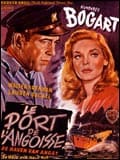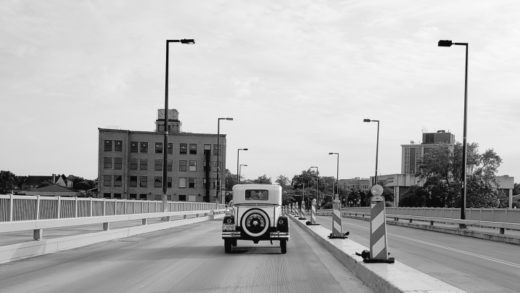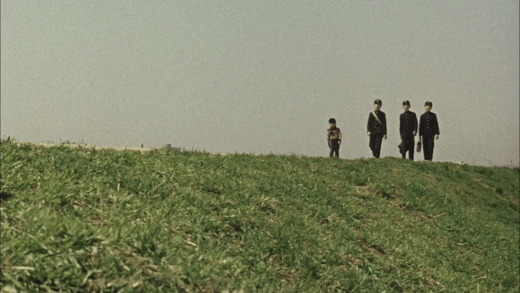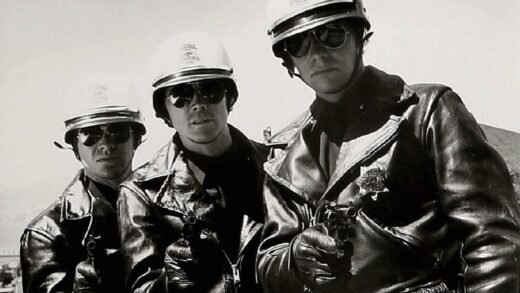One of the things I learned on my last trip to Paris was about this special group of individuals in French society. They have been called the “bricoleurs de l’angoisse,” which, for those of you who don’t speak French, means “the handymen of anguish.” I learned this overhearing a conversation when I was in line at the Action Christine (apparently renamed prosaically Christine 21) in Saint Germain-des-Pres, waiting to see the old Bogart film, To Have and Have Not (1944). This film was made by Howard Hawks, scripted by William Faulkner and based on a novel by Ernest Hemingway, and has the pleasure of casting in addition to Bogey, Lauren Bacall and that guy, born to characterize the chuck wagon chef named Cookie in old Westerns, Walter Brennan. The French title was “Le Port de l’Angoisse.”
By itself, none of this would mean much to me. Of course, I adore all of these characters, Brennan especially, as much as the next guy, but it was the anecdote about the “bricoleur de l’angoisse” that piqued my interest. I don’t know what it was, but there was something incredibly resonant about this group I heard described, such that, I started to think there might be an American analogue.
Primarily, the bricoleurs come off as a self-involved group. High among their list of priorities is fashion. Yet, they wear the outdated styles of the 1980s, which none of them were old enough to live through.
But who, really, are these bricoleurs? Well, they are frequently art school students. Or serverati. Or serverati. What is a serverati? Well, they include individuals easily lured by the supposed immediacy of easy money. They like taking home cash at night. And they stand in our coffeeshops, our bars, our restaurants and dinner clubs (if not our after-hours clubs), taking orders and bringing food, pasting fake smiles on their faces and faux interest. Five years ago, we championed these blue collar people. But that was only until they started claiming their rights. Then, we’re like, kuchka, get back behind that apron.
In history there is one rule: endurance. History is like the New York Marathon in which everyone loses. The key to endurance is an intellectual correlate. The closest we can come to eternity. But le bricoleur de l’angoisse is part of a renegade group. For most of the post-war fashion movements, an intellectual correlate has always accompanied them, regardless of its depravity (I think here of early 1980s upper class “greed is good” thinkers)–but not the bricoleurs de l’angoisse. They are entirely vacuous.
And this is the reason why they are filled with angoisse. Someday there will be a book written by a future Nietzsche, who will add a new chapter to the diagnosis of ressentiment, abridging with an account of the man of ressentiment’s not-so-distant cousin: le bricoleur de l’angoisse. What they can do with l’angoisse, we can only imagine. And only the future will tell.




